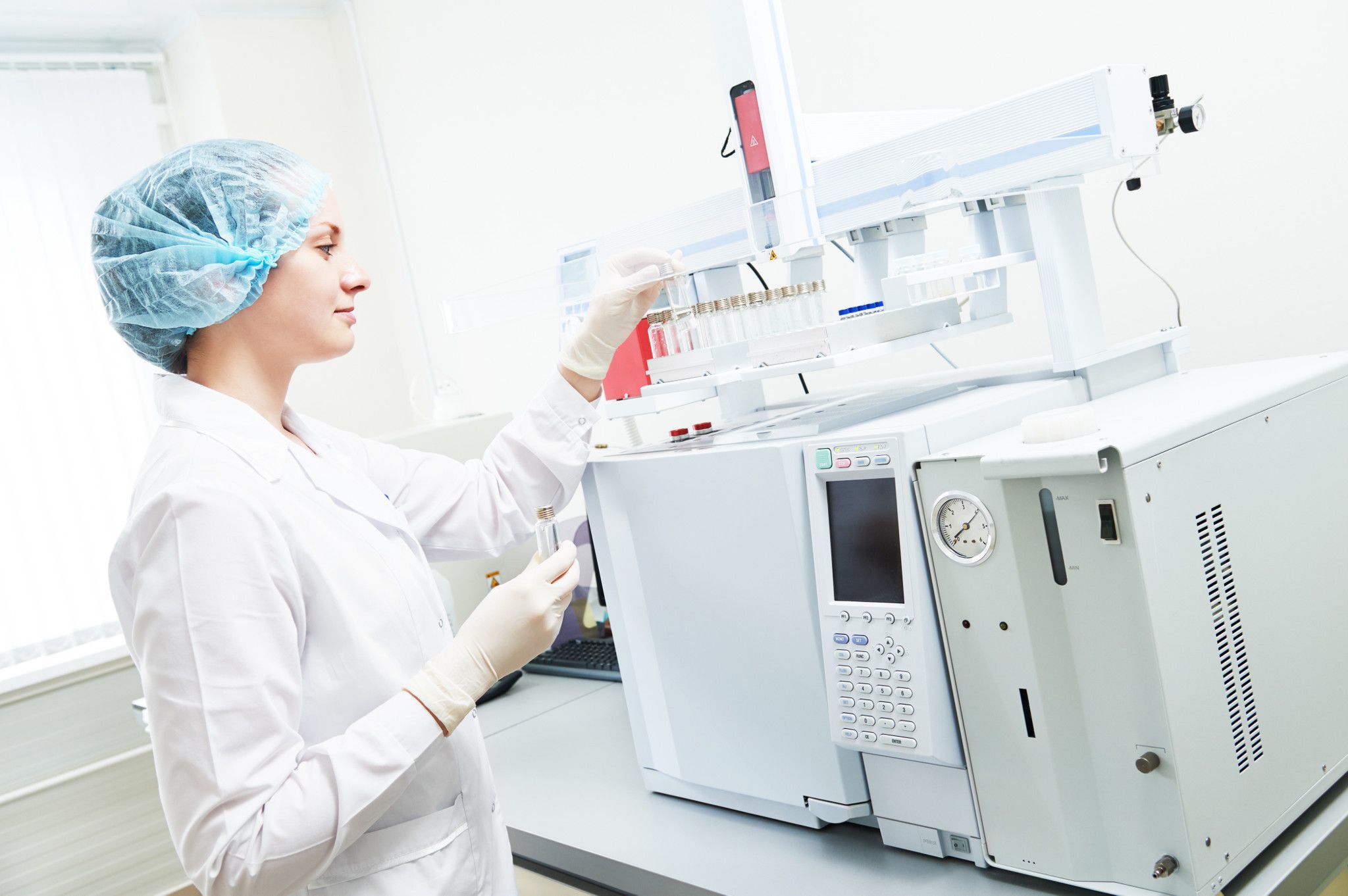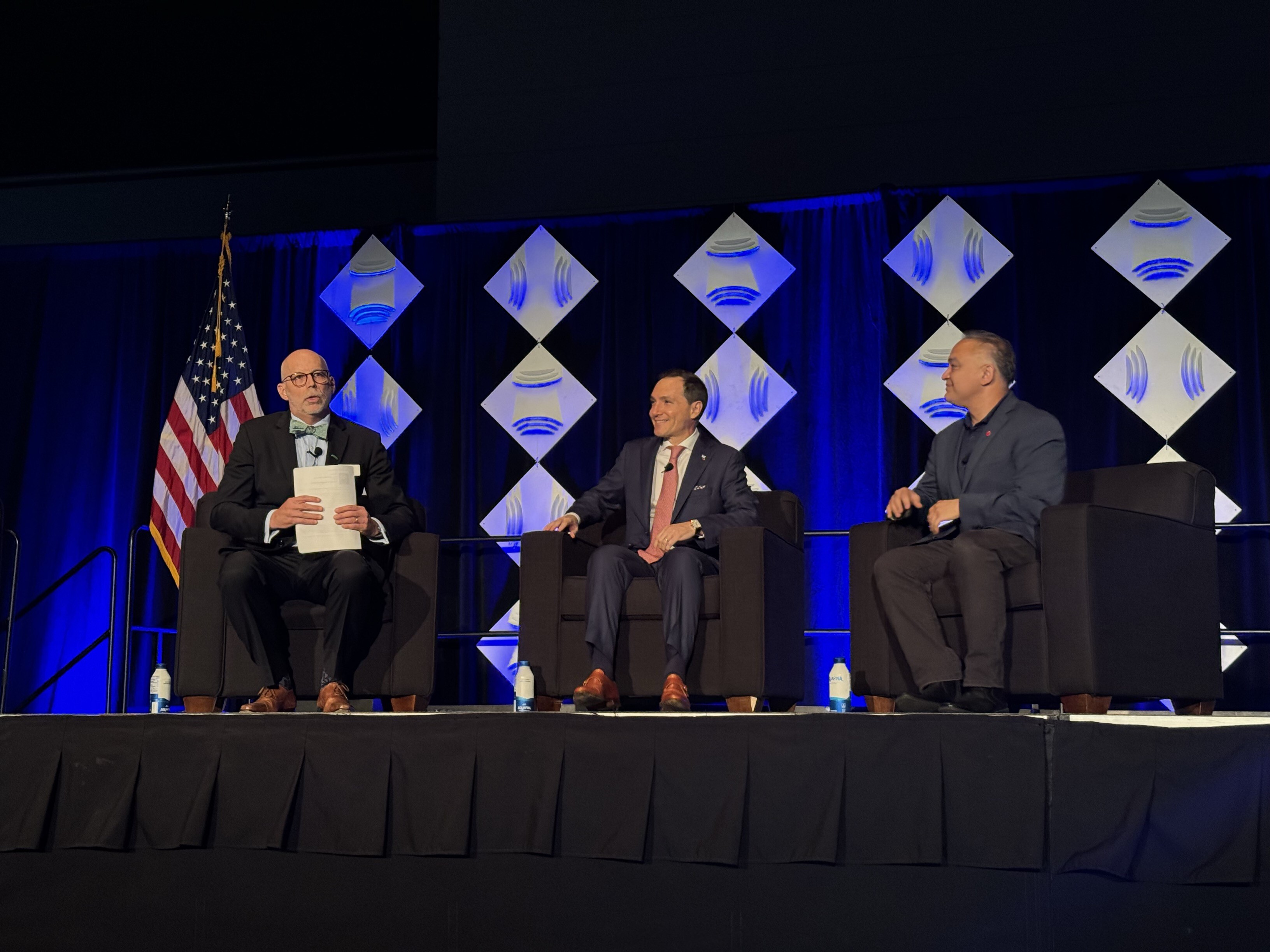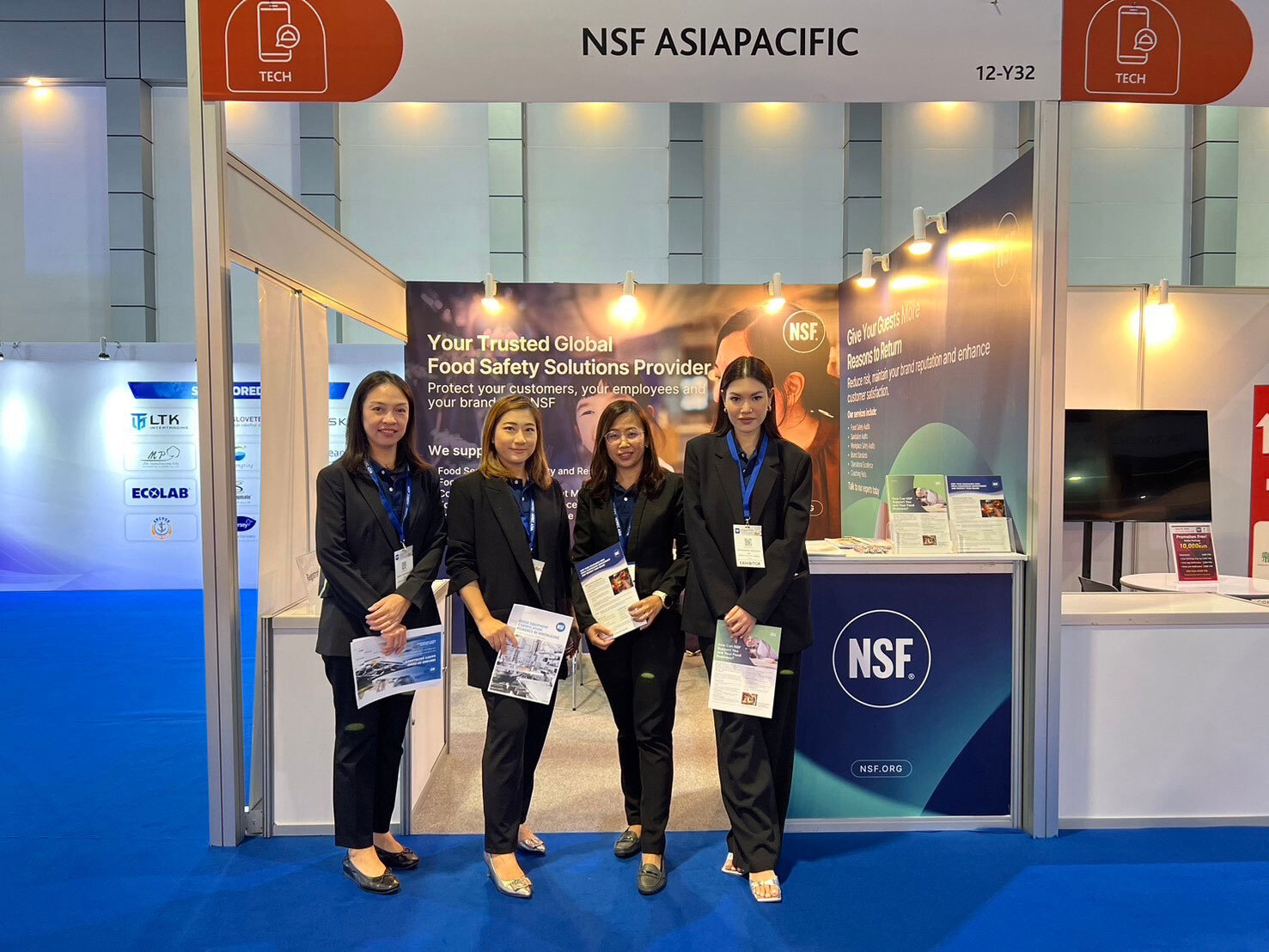How to Stay Compliant During the Plastic Material, Resin and Component Shortage

Where Did All the Plastic Material, Resin and Components Go?
The ongoing pandemic has thrown a huge curveball into many aspects of life that continue to affect us globally. 2020 provided us with uncertainty and made preparation a priority. The masses shifted their purchasing behavior and stocked up on many different and somewhat surprising items, including toilet paper, food storage and medicine. With that said, what do all of these products have in common? Plastic. On top of this, major material plants had to shut down due to natural disasters, creating a huge backlog in production.
The domino effect of panic shopping in conjunction with natural disasters and COVID-related shutdowns has led to global shortages of a kind we haven’t seen in our lifetimes. These include a shortage of plastic, which for our industry means a shortage of materials, resin and components used to make plastic pipes for our water systems.
Manufacturers Pivot
One of the themes of this pandemic has been to “pivot,” and the plastic pipe industry is doing just that. With predictions of this shortage continuing well into 2022, manufacturers have quickly found different materials and suppliers to allow them to continue operating their businesses without having to delay production. However, while manufacturers are rushing to meet demand, plastic material substitutions due to supplier changes can require products to be recertified to remain compliant. For those who lack the proper tools or knowledge to make a rapid shift, this issue can hang up production.
How Manufacturers Can Save Time and Money
If you are a manufacturer who is NSF certified and needs to substitute your product materials to adjust to the supply shortage, the good news is:
- NSF has the largest number of plastic supplier and component listings that manufacturers can choose from for substitutions.
- When you use NSF-certified plastic materials, resin and components, most new product formulations don’t need to be retested to be recertified, saving time and money.
- NSF’s labs in the U.S. are the largest in the region, allowing for quicker testing capabilities for any materials that need to be recertified.
- Since 1955, NSF has been an industry leader in the testing and certification of plastic pipes and components.
“NSF is helping manufacturers through this supply shortage by offering many other NSF-certified suppliers as substitution options,” says Nasrin Kashefi, Senior Manager of the Plastics Program at NSF. “This is hugely beneficial for plastic pipe and fitting manufacturers because they can quickly make substitutions, saving time and money and not delaying business.”
Choosing a product or supplier that is already NSF certified for a resin or component substitute ensures that it is safe and working as it claims to. This helps give consumers much-needed peace of mind in a time of so much uncertainty.
Check Here To See if Your Preferred Substitution Is NSF Certified
Interested in Learning More?
How NSF Can Help You
Get in touch to find out how we can help you and your business thrive.

What’s New with NSF

NSF Shanghai Named Critical Site for NSF/ANSI 455 and NSF/ANSI 173 by ANSI National Accreditation Board
July 26, 2024
NSF Takes Center Stage at NEHA Annual Education Conference
July 25, 2024
NSF Asia Pacific Showcases Hospitality Solutions at THAIFEX HOREC Asia 2024 in Bangkok, Thailand
July 4, 2024